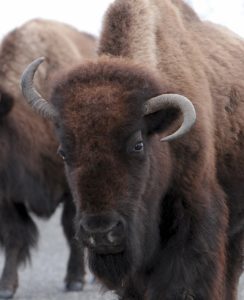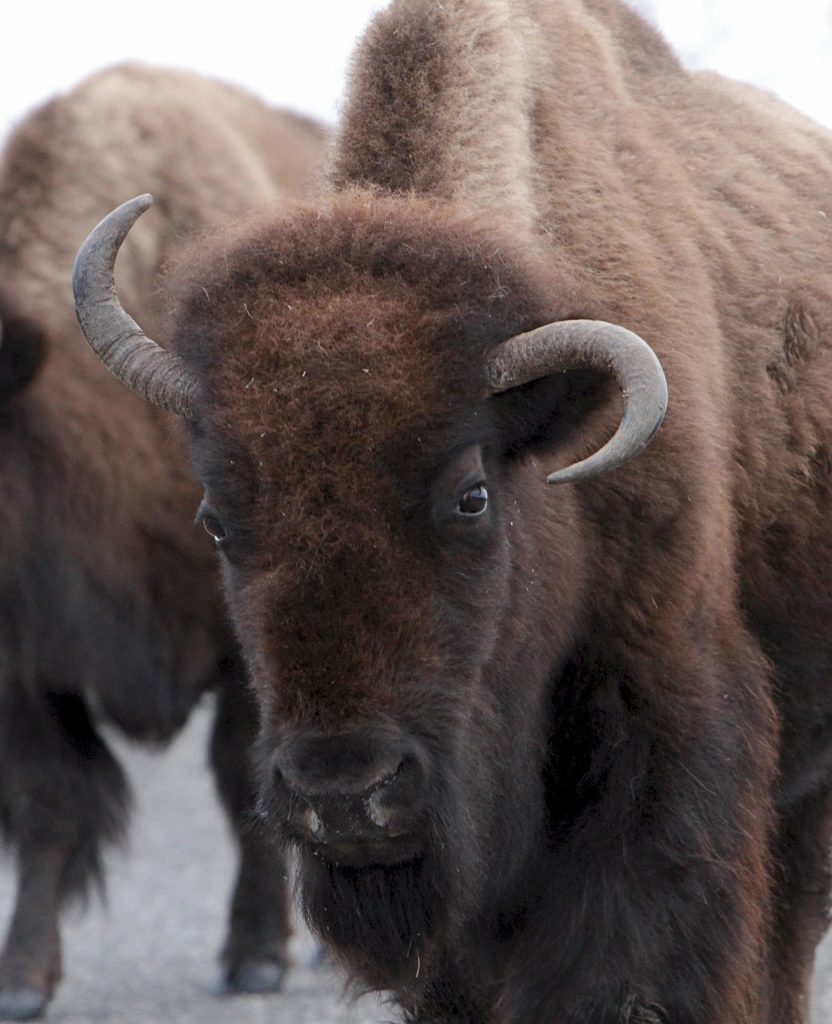The Health of the Herd
 There’s always something wrong. Perfection doesn’t exist in business. Perhaps it doesn’t exist anywhere, but there are some spots on the planet that might be close: Glacier National Park, the Tetons, chairlift KT-22 at Squaw Valley or a 20-inch cutthroat trout on the first cast.
There’s always something wrong. Perfection doesn’t exist in business. Perhaps it doesn’t exist anywhere, but there are some spots on the planet that might be close: Glacier National Park, the Tetons, chairlift KT-22 at Squaw Valley or a 20-inch cutthroat trout on the first cast.
Business, however, is a system, and what’s most important is systemwide health. Maybe like a herd of buffalo. Painful as it might be, if a few buffalo are in tough shape but the herd is healthy, that’s as good as it gets. If you stack rank the buffalo — what used to be common practice in buffalo herds — one of them has to be on the bottom. Ten percent of them don’t make the top 90 percent. You get the picture.
If you’re the herd’s chief veterinarian officer (CVO), you might find yourself overly occupied with the few buffalo who aren’t as healthy as they should be. This might be because you’re too sensitive to suffering, because you have an excessively developed sense of fairness or because you loathe it when not everyone lives up to herd standards. As a result, you focus much attention on “fixing” the few at the expense of the entire herd’s health.
I’m an old multiunit guy. When you manage hundreds of stores, there are always individual units or districts, regions or areas that don’t perform as well as others. If you stack rank them, you’ll know who’s on the bottom. It’s frustrating to see the same names at the end of the list for extended periods. It makes sense to try to fix them; after all, they make the herd look bad!
The challenge is that if you spend a great deal of energy trying to fix the broken stores, you do so at the expense of potentially making your winners stronger and benefiting the entire system, and shareholders, to a much higher degree.
This isn’t a philosophical problem; it’s real! I’ve seen boards and executives get hung up on broken segments of their business to the detriment of the healthy herd.
Perfection is the enemy of success in many circumstances. That’s easy to say, but it requires tough decisions in the real battle of business. Are you focused on the herd’s health and growth, or are you spending too much time and energy on the stragglers?

coaches CEOs to higher levels of success. He is a former CEO and has led teams as large as 7,000 people. Todd is the author of, Never Kick a Cow Chip On A Hot Day: Real Lessons for Real CEOs and Those Who Want To Be (Morgan James Publishing).
Connect with Todd on LinkedIn, Twitter, call 303-527-0417 or email [email protected].

richard regan
1:08 pm February 28, 2017The word “squaw” is believed to have come from the Algonquin Indian term for “woman”. But, the word began taking on derogatory connotation as early as the 19th century, and more recently has become a vulgar sexual reference to female genitalia. “Squaw, with most Indian males and females, is offensive.
From this American Indian/Alaska Native viewpoint, there is nothing pretty about the scenery at Squaw Valley.
In defense of the herd of our country’s first citizens, let’s show them a little dignity by dropping this racial slur.
Todd Ordal
6:10 pm February 28, 2017Thanks, Richard. No disrespect meant and I appreciate the history. That chairlift is historically known as the best chair in North America because of the terrain it serves, which I why I shared my enthusiasm for it. Perhaps they’ll eventually rename the resort.
Renee Anter
3:13 pm February 28, 2017Thanks for the reminder to turn around and not lose sight of the rest of the herd!